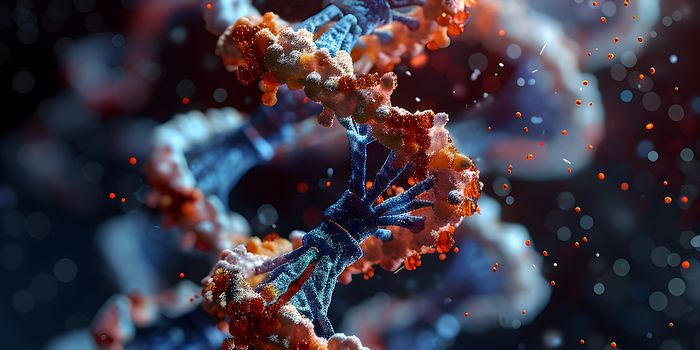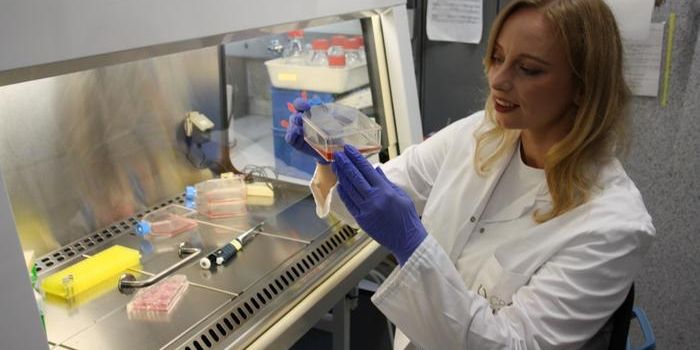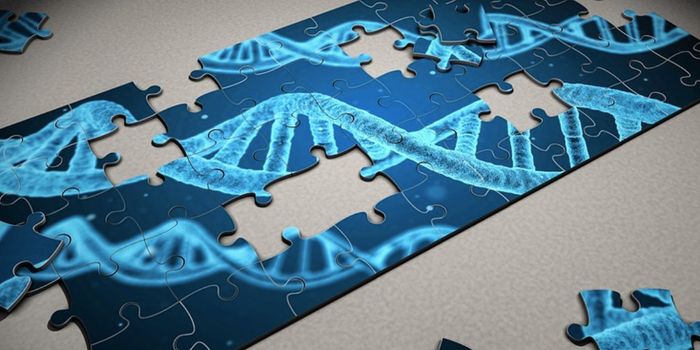While the BRCA2 gene is supposed to suppress tumors, its mutated form puts people at high risk for breast, ovarian and other cancers. Scientists from Yale University School of Medicine think they have found a molecule that is critical to the function of BRCA2. They think it could lead to potential drugs to break down the BRCA2 mutant's resistance to cancer treatment, as published in the journal Molecular Cell and reported in Medical News Today (http://www.medicalnewstoday.com/articles/296337.php).

While cancer cells need to repair DNA to survive, these cells are maintaining the integrity of "faulty" DNA, the researchers explain. According to the national Cancer Institute (NCI), BRCA1 and BRCA2 mutations account for 20 to 25 percent of hereditary breast cancers, 5 to 10 percent of all breast cancers and 15 percent of all ovarian cancers. Research has shown that breast and ovarian cancers involving BRCA1 and BRCA2 mutations develop earlier in life than their non-hereditary counterparts and that the mutations play a role in prostate and pancreatic cancers.
Chemotherapy drugs can be effective for fighting cancer in people with BRCA mutations, but the cancer can develop resistance to the drugs over time. While the researchers say that the BRCA proteins develop secondary mutations that continue to promote cancer growth, senior author Patrick Sung, a professor of molecular biophysics and biochemistry, thinks that drugs that interfere with DSS1 function could be developed and used with existing drugs to overcome this resistance, explaining, ""We can design specific targets for drug development only if we fully understand the key players and how they work in the pathway for repairing DNA breaks." Grants from the National Institutes of Health helped fund the study, which, according to the researchers, will help people to understand how cancer cells repair DNA breaks and thus pave to the way to developing new ways to counter resistance to chemotherapy.
A key molecule called co-factor DSS1 helps the BRCA2 gene to repair DNA, the researchers say. They believe that "DSS1 acts as a DNA mimic," and without it, BRCA2 mutations cannot do their job of repairing DNA, which is key to the survival of cancer cells."
The researchers establish the crucial role played by co-factor DSS1, without which the BRCA2 mutant is unable to fulfill its normal duty of DNA repair. Drugs that interfere with DSS1 function could be developed and used in conjunction with existing drugs like Astra Zeneca's Lynparza to overcome this resistance, Sung concludes (http://www.rdmag.com/news/2015/07/why-brca-gene-resists-cancer-treatment).









